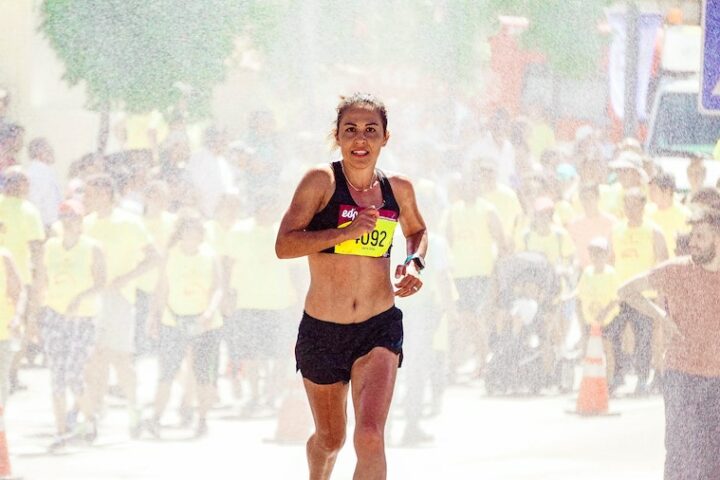
How to Gain Wisdom in the Aftermath of Racing
Every coach will be involved in athletic performances that fall short of expectations, leaving both the coach and the athlete dissatisfied. What is the best way to handle these situations?

Every coach will be involved in athletic performances that fall short of expectations, leaving both the coach and the athlete dissatisfied. What is the best way to handle these situations?
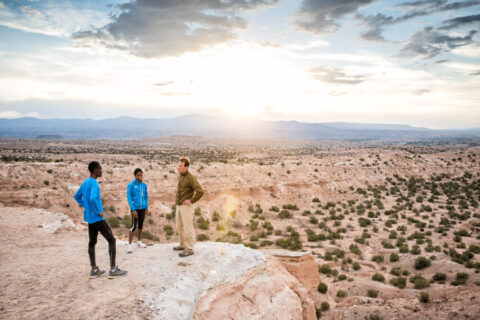
Everyone wins when an athlete feels supported. In Module 5 from The Craft of Coaching, Joe Friel and his hand-picked experts share how to best manage athletes and add service providers to extend your coaching capabilities.

No one wants to “fire” an athlete. But there are times when the coach-athlete relationship is clearly not working. Coaches need to reflect on these difficult situations and athletes so they can identify problems before things get personal.
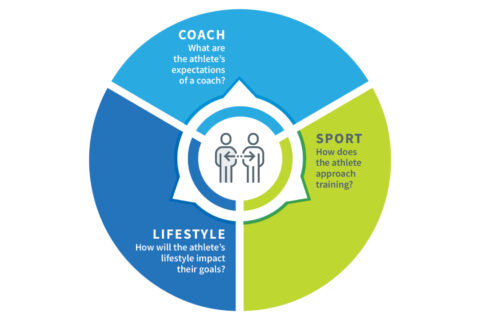
For the coach-athlete relationship to be successful, it must be rooted in trust, and trust is earned or compromised from Day 1. Begin any new client relationship with the end in mind.
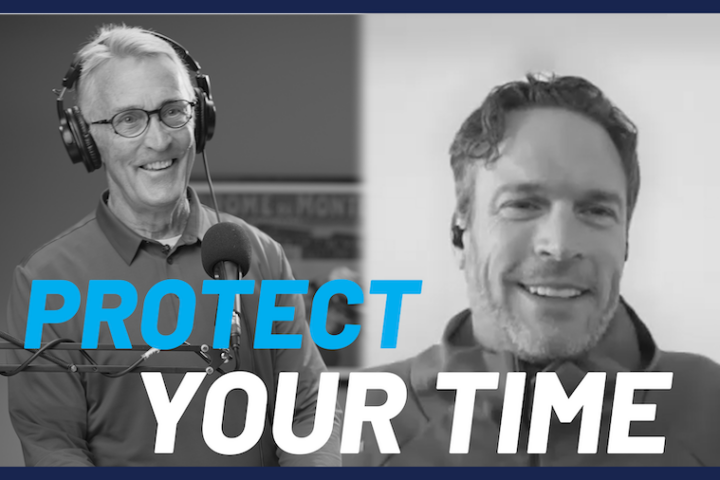
Managing athletes requires time management skills. Coach Ryan Bolton balances the needs of his pro athletes, age groupers, and a team of coaches. He talks with Joe Friel about his screening process and the groundwork that goes into a positive athlete-coach relationship.
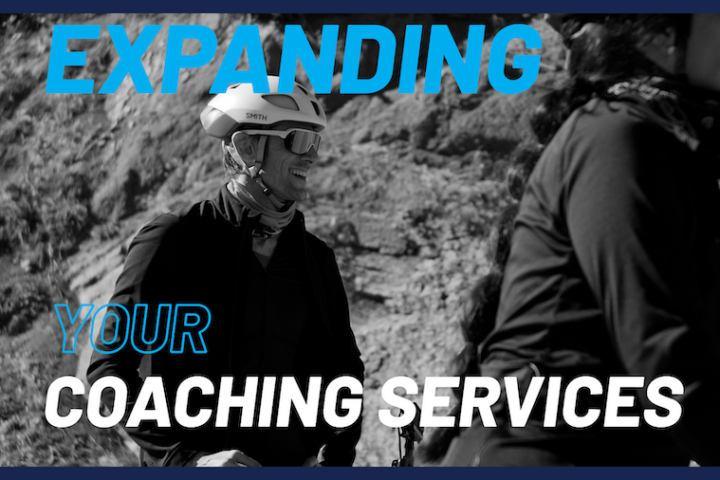
More coaches are seeking partnerships with outside experts to better meet the needs of their athletes. Find out how these partnerships work best, giving even the “maverick” coach a competitive advantage.
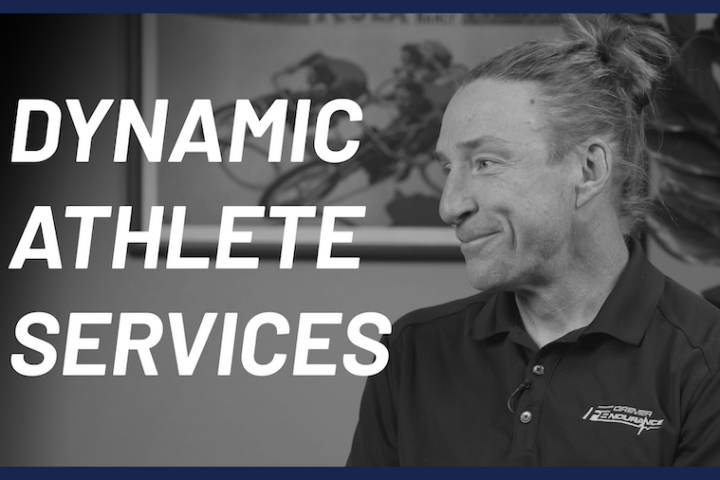
With more ways to deliver individualized training, coaches are well-positioned to reach more athletes.
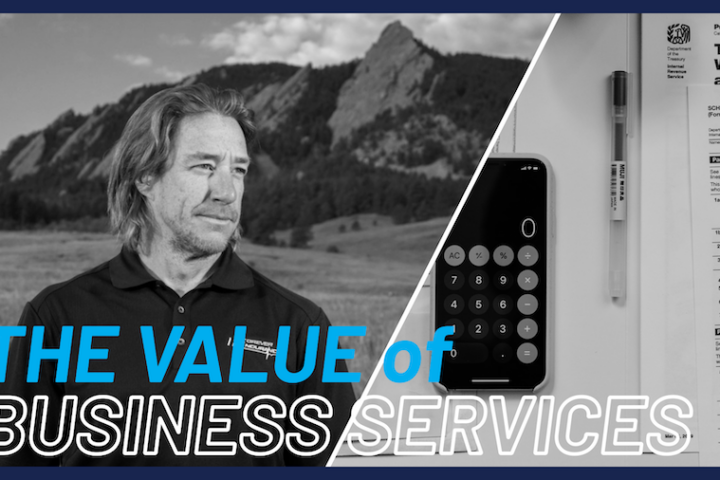
Many coaches are happy to focus their energy on coaching, not running a business. Some coaches choose to outsource specific tasks through business services.
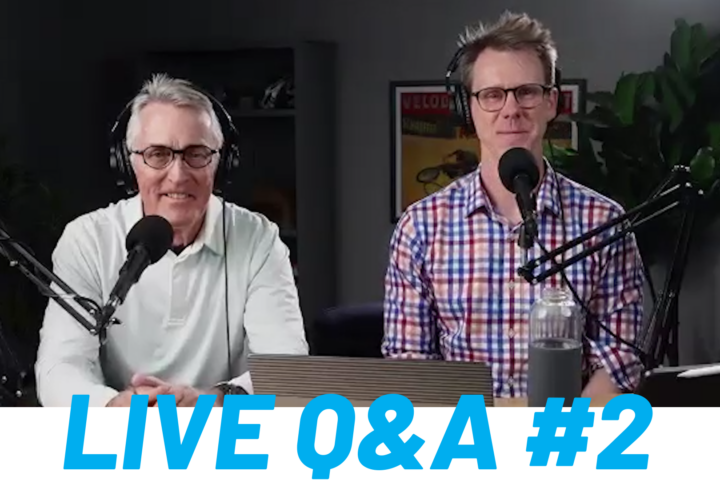
Coaches ask their questions during this recording of a live Q&A with coach Joe Friel. This event covered many topics including the business of coaching, motivating athletes, helping athletes reach difficult goals, and how to help athletes balance life and training.
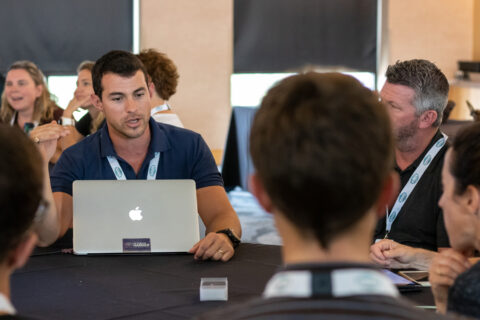
Find out how successful coaches navigated the challenges of getting started, becoming profitable, marketing for growth, and building a team into long-lasting businesses.
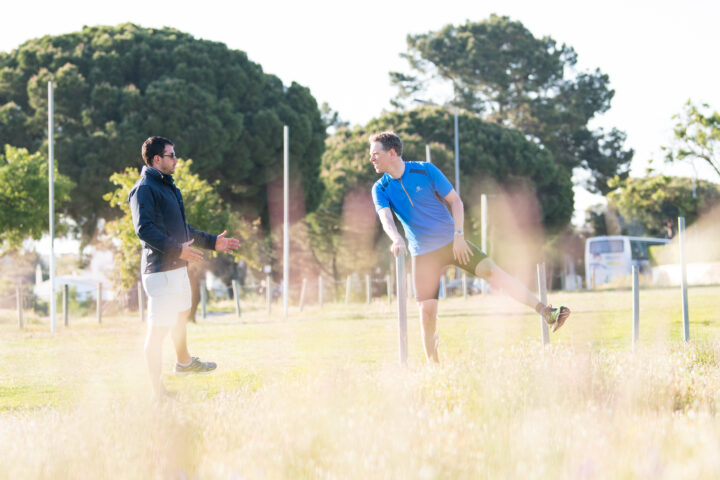
Joe Friel explores the pros and cons of different options available to coaches, both online or face-to-face. Consider the quality of the service you deliver, the time investment, what it’s worth, and the level of expertise required.
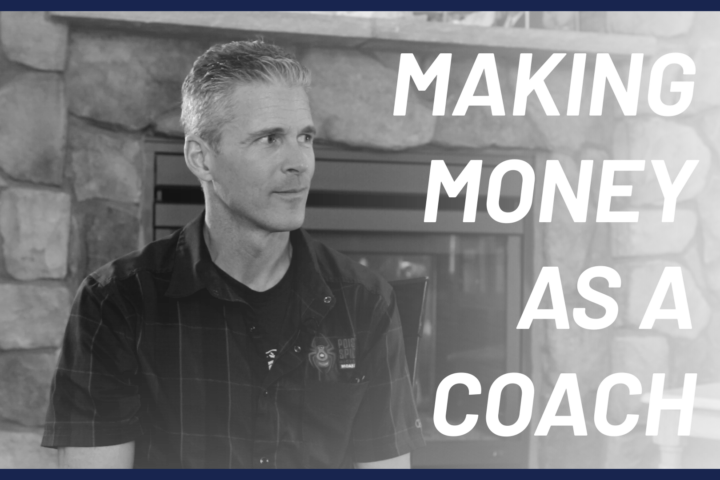
Gordo Byrn used his racing career to build a coaching business. It started as a side gig to cover his racing habit, but, like many coaches, eventually he had to figure out how to turn a profit . . . and fast. Coming from the world of finance, Gordo brings a unique perspective to the business of coaching.
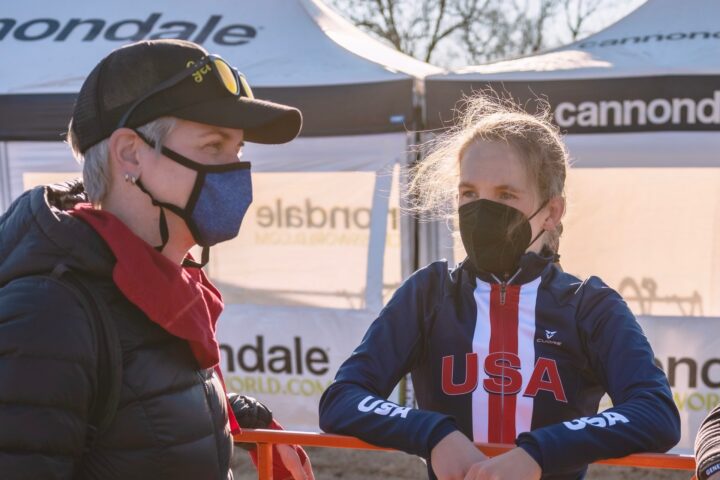
Wenzel Coaching is a Portland-based business co-founded by former pro cyclist Kendra Wenzel. Today she coaches athletes at the highest level of the sport and equips her team of coaches to work with a wide range of clients. Find out more about her winning formula and her commitment to growing the sport of cycling.
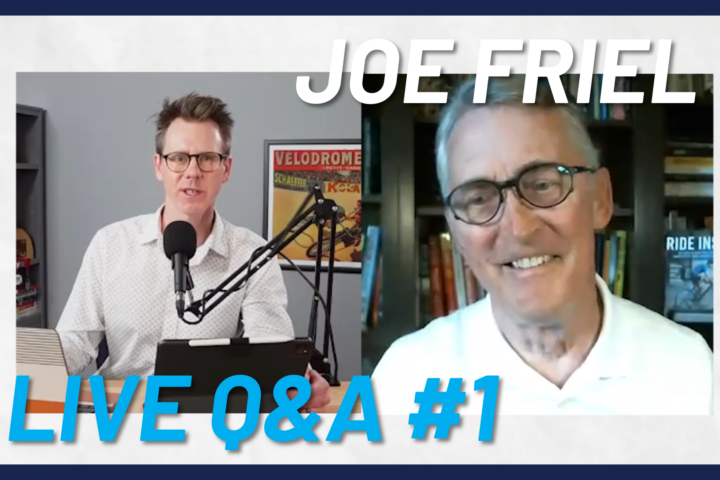
Endurance coaches present their questions to during this recording of a live Q&A with coach Joe Friel. This event covered many topics including heart rate, power, communication, and how many athletes a coach should take on.
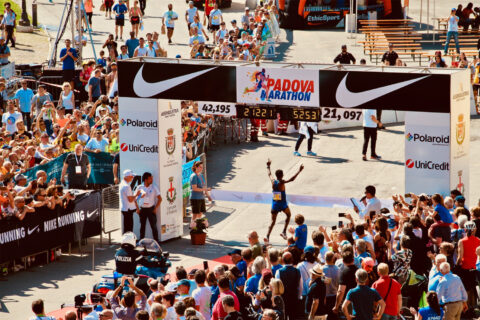
Anyone can make a training plan. But a good coach knows how to plan a season that unlocks an athlete’s true potential. Joe Friel is joined by a full line-up of master coaches in this module that will expand your thinking.
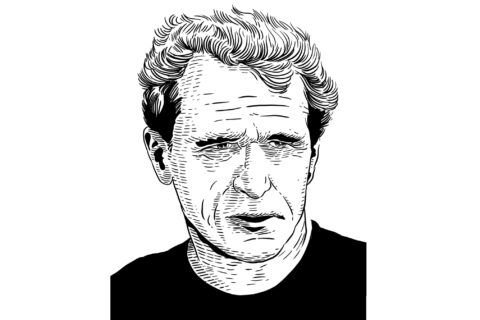
Legendary running coach Arthur Lydiard revolutionized the sport with his approach to periodized training. In the 1960 and 1964 Olympics, his athletes rose to prominence, putting his 100-mile training week on the radar of running coaches worldwide.
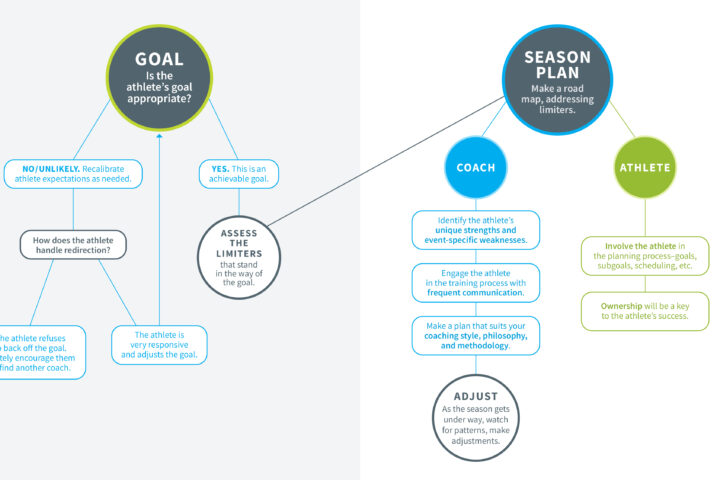
Goal assessment and season planning are two details you must attend to in taking on a new athlete.
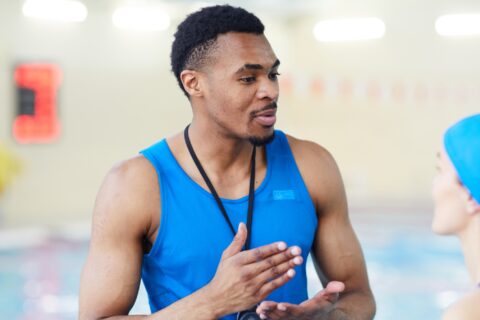
Joe Friel outlines his method for analyzing sport-specific movement patterns. After establishing a hierarchy to the movements, he teaches athletes each subcomponent until mastery is achieved.